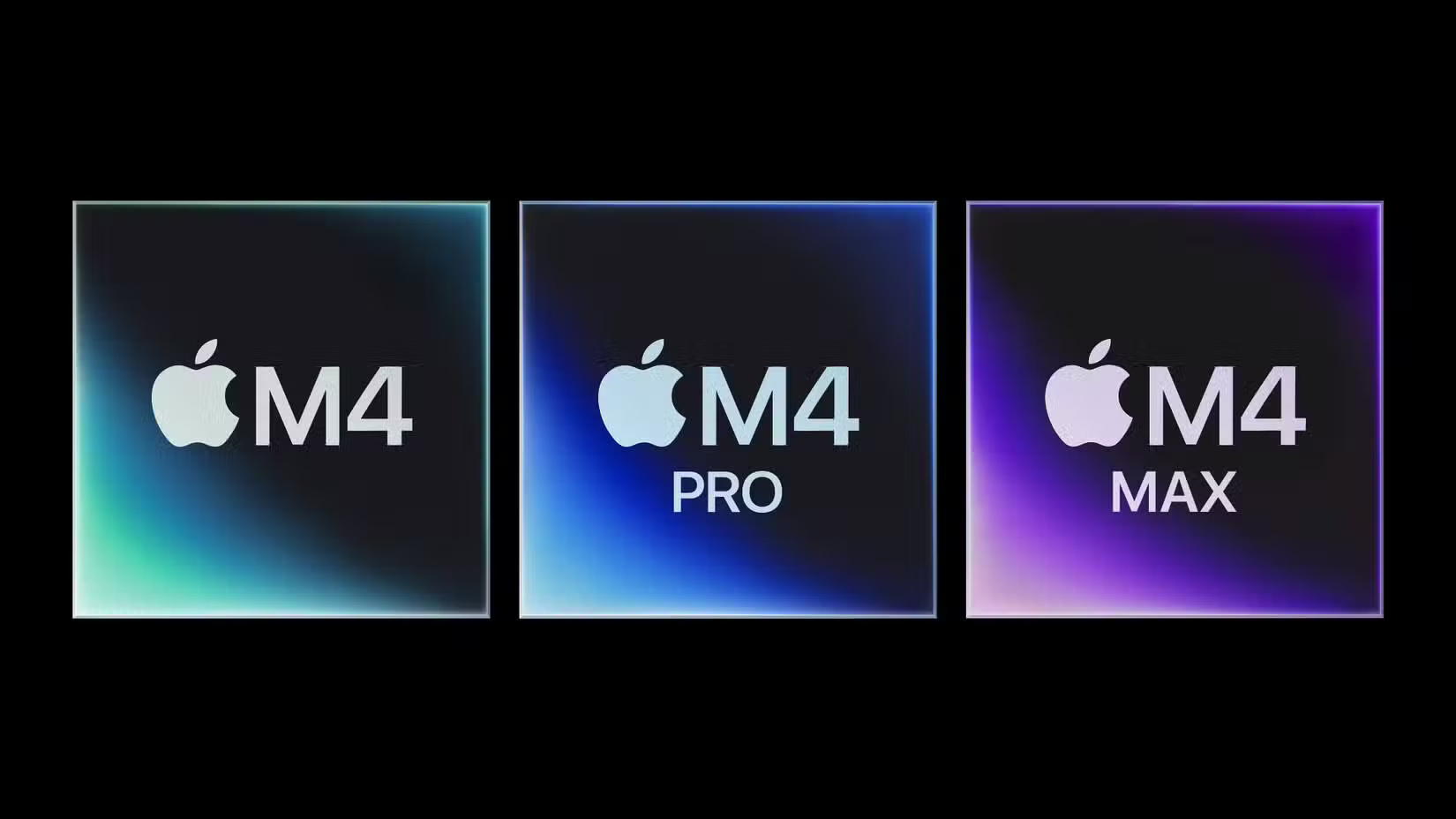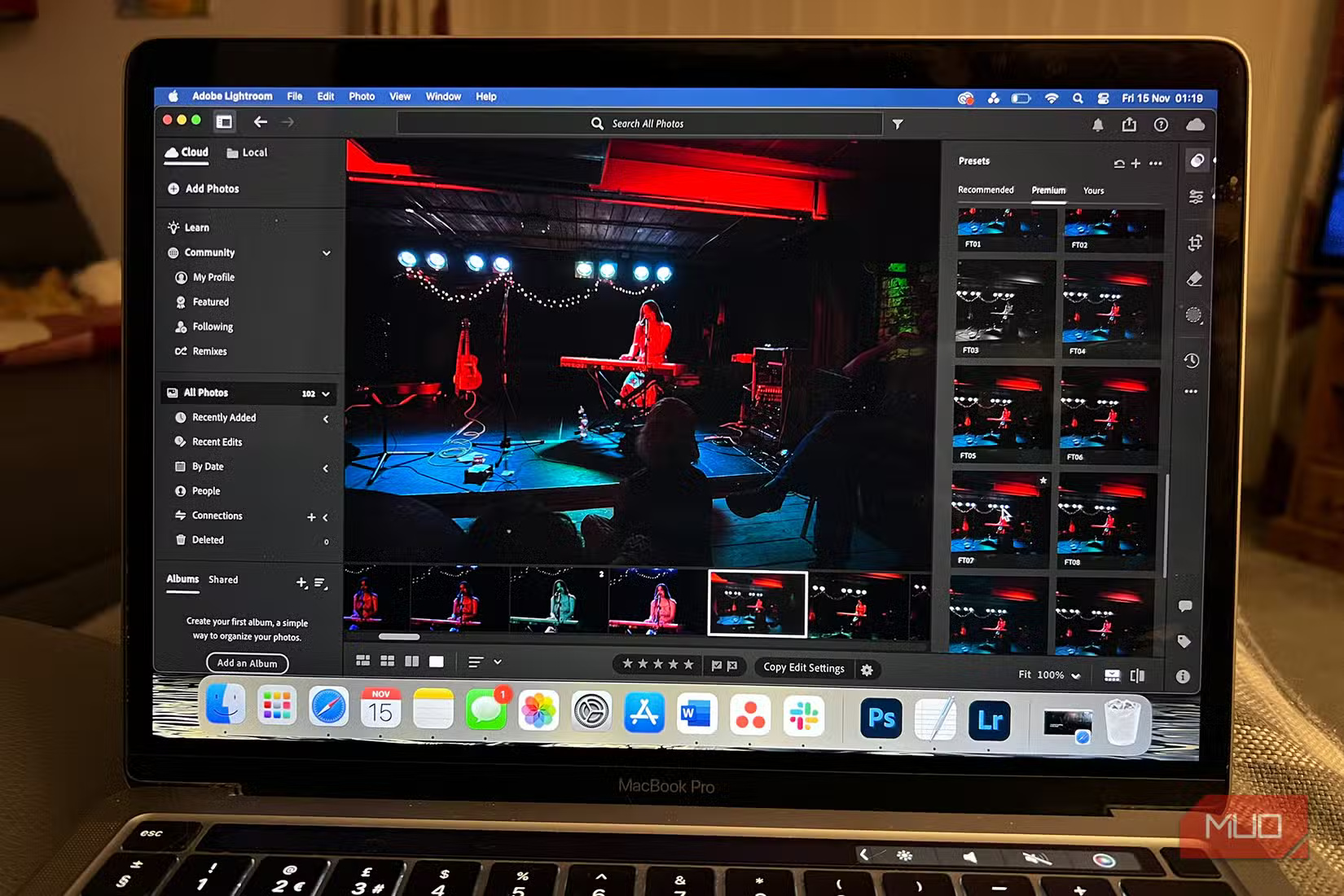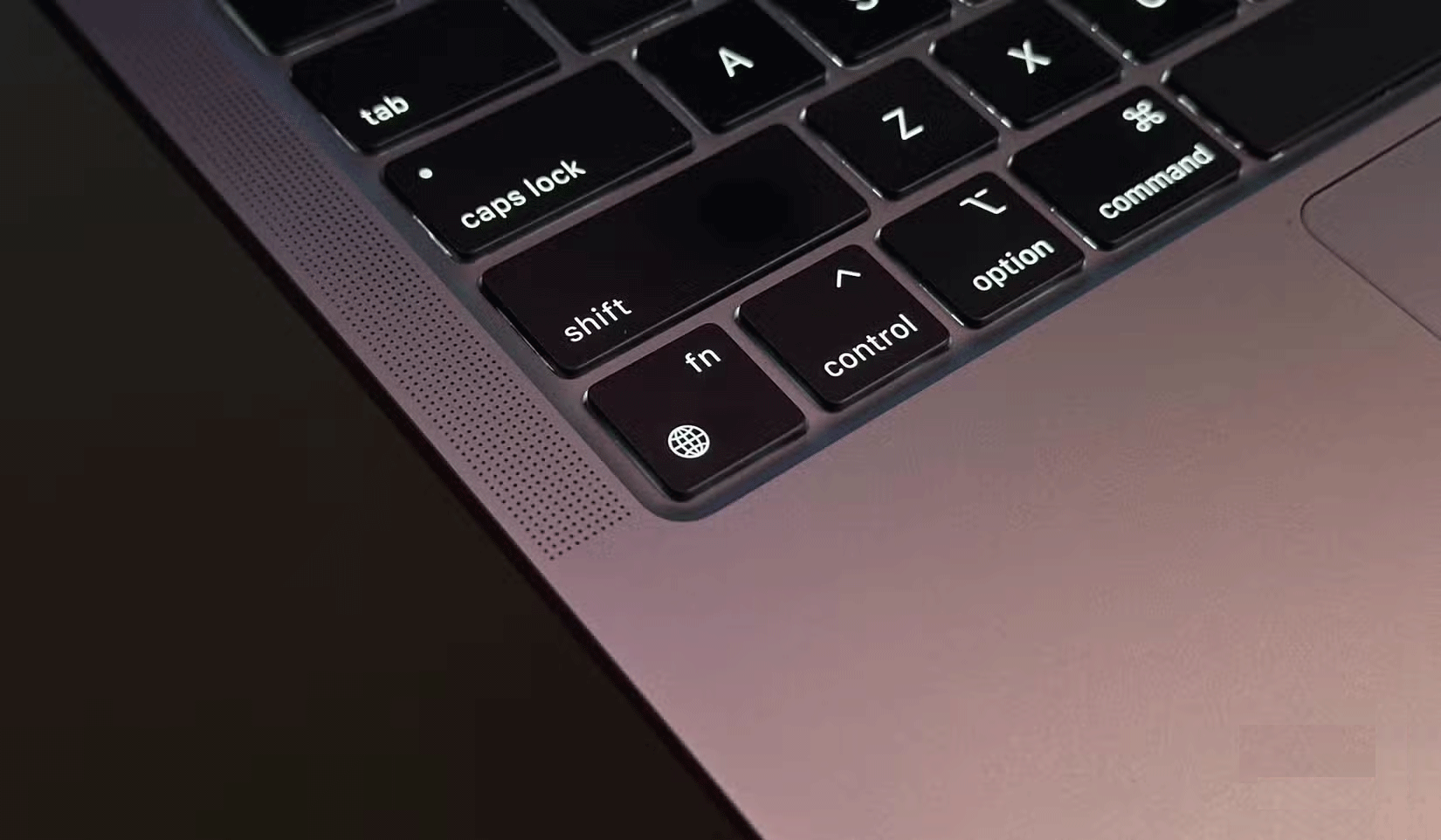Why should you buy a MacBook instead of a Snapdragon X Elite Windows laptop?
Still, many people would choose a MacBook over any Snapdragon-powered Windows laptop available today.
1. Optimized software and hardware integration

While many Snapdragon X Elite laptops are being compared to MacBooks, none of them have the same level of optimization when it comes to integrating both software and hardware. Unlike most Windows laptops, where separate companies build the hardware and operating system, Apple seamlessly integrates macOS with its Apple silicon.
This allows Apple to create top-of-the-line laptops that take full advantage of the hardware underneath. Because Apple develops both the hardware and the software, MacBooks do an incredible job when it comes to performance, memory management, and battery life.
In contrast, the Windows Snapdragon X Elite laptop—while impressive—relies on Qualcomm's ARM processor paired with an operating system that wasn't specifically designed for ARM. Yes, Windows on ARM has improved, but it often suffers from software stability issues because it runs on a platform originally designed for x86 processors.
2. Higher energy efficiency

MacBooks are more energy efficient than most laptops, allowing for longer battery life on a single charge. Apple's ARM-based silicon runs on a RISC architecture, making it easier to develop and run software with high energy efficiency. This is why the MacBook Air can run entirely on passive cooling, and why the MacBook Pro is quieter than most Windows laptops when running the same applications.
Since the Snapdragon X Elite laptops also use ARM-based hardware, you still get great power efficiency. However, Windows itself is more resource-intensive and doesn't take full advantage of ARM's power-saving capabilities. This means that Snapdragon Windows laptops tend to lag behind when compared to the MacBook's incredible battery management.
So if you want a cooler and quieter laptop with longer battery life, the MacBook is the better choice — at least for now.
3. Software compatibility

Software compatibility is another advantage the MacBook has over the Snapdragon X Elite Windows laptop. During the two-year transition from Intel to Apple silicon processors that began in late 2020, Apple gave developers tools to create Universal apps that didn't require emulation. During that time, software designed for older Intel Macs could run easily on Apple silicon Macs with Rosetta 2 emulation.
With more Universal apps now available and Rosetta 2 emulation allowing older apps to run, software compatibility on the MacBook is simply better than on the Snapdragon X Elite laptop running Windows.
For the Snapdragon X Elite laptop, things aren't quite as simple. Windows on ARM can also emulate x86 apps, but it's not as sophisticated as Rosetta 2. This means performance can vary, and you may experience more crashes or lag when running older apps, which can be frustrating if you rely on specific software for work or creative projects.
With macOS, you get a stable environment where most apps run smoothly, regardless of whether they're optimized for ARM or not.
4. Security and Privacy
Apple has made security a cornerstone of the MacBook experience. MacBooks with Apple silicon have a number of built-in security features, like Secure Enclave, FileVault, and iCloud Private Relay, to keep your data safe. Secure Enclave protects encryption keys, FileVault provides full-disk encryption, and Private Relay ensures online privacy by hiding your IP address and encrypting your traffic.
These features come standard on MacBooks, providing peace of mind for privacy-conscious users. The Snapdragon X Elite, on the other hand, doesn't have the same level of hardware-based security. Windows security largely relies on the TPM (Trusted Platform Module) and the operating system's software security tools. While these features are effective, they can't quite match the level of hardware integration that Apple offers.
5. Quality keyboard and trackpad

The keyboard and trackpad are essential parts of the laptop experience, and the MacBook excels in this area. Apple has refined its keyboards and trackpads over the years, with precise feedback, tactile keys, and a large, responsive Force Touch surface that supports a wide range of gestures. Typing on the MacBook feels smooth and consistent, and the trackpad is one of the best you'll find on any laptop.
Keyboard and trackpad quality can vary across Windows laptops, including those with Snapdragon X Elite processors. Since these laptops are made by different manufacturers, there's no guarantee that you'll get a quality typing or trackpad experience. Some manufacturers, like Lenovo and Dell, excel in this area, but others fall short, leading to inconsistencies between Windows laptops.
Ultimately, the MacBook offers a more cohesive and refined experience than the Snapdragon X Elite. ARM-powered Windows laptops will be a great choice in the future, but if you have to choose between the Snapdragon X Elite and the MacBook Air or Pro right now, the Pro is the better choice.
You should read it
- ★ The original Snapdragon X Elite benchmark couldn't even beat the Apple M3, let alone the M4!
- ★ Apple A17 Pro beats Snapdragon X Elite in GPU performance?
- ★ Qualcomm launches Snapdragon X Elite, 'most powerful and efficient' CPU for Windows
- ★ Qualcomm claims the Snapdragon X Elite PC CPU is 50% faster than Intel's fastest Core Ultra chip
- ★ Compare Snapdragon X Elite, Apple M3 and Intel